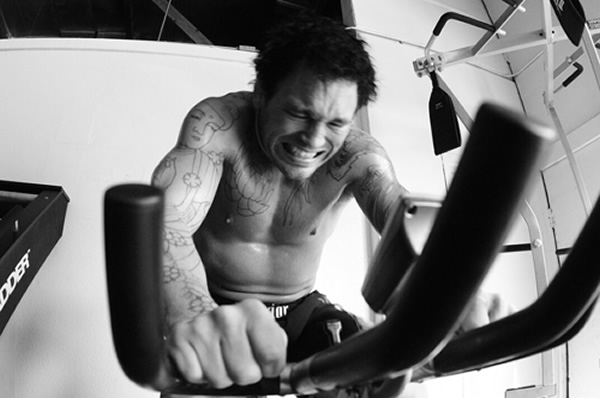guardian7
Level 6 Valued Member
It seems like most people in the general population overestimate the importance of exercise in weight loss, but many may also be overestimating the role of diet in weight loss as well. NEAT or non-exercise activity thermogenesis plays a greater role than commonly understood. I am trying to add more incidental movement to my day. The numbers are pretty interesting.

Non-Exercise Activity Thermogenesis: A NEAT Approach to Weight Loss
Let’s examine how we can successfully use Non-Activity Exercise Thermogenis (NEAT) for weight loss without exercise, and to burn calories and lose fat.
 blog.nasm.org
blog.nasm.org

Non-Exercise Activity Thermogenesis: A NEAT Approach to Weight Loss
Let’s examine how we can successfully use Non-Activity Exercise Thermogenis (NEAT) for weight loss without exercise, and to burn calories and lose fat.
FOR EXAMPLE:
A 145 lb. person burns approximately 102 calories an hour while performing their office job in a seated position (1.7 kcal / minute), but burns 174 calories an hour if performing those same office duties while standing.
174 calories may not seem like much, but it translates to 18,000 calories or a little over 5 lbs. over a 50-week work year (250 work days). By comparison, that same person would need to squeeze in 60, 30-minute runs at 5 mph to achieve that same caloric burn (2).
One reason the carnivore diet may work is that the thermogenic calories burned for digesting meat is much greater than many other foods!
One reason Americans in particular and countries adopting similar eating patterns are gaining weight is that ultra-processed food characteristic of much of the food industry in the US in particular produces food that is particularly low in thermogenesis, mush you don't have to chew. This factor is likely generally underestimated as well.
NEAT is a factor worth looking into. Can we move more or adopt more challenging postures during everyday activities? Worth a try.

